Ciara Phillips: Systems For Saying It, a review from Jessica Wright
Arguably the most provocative, captivating work of the weekend, Ciara Phillips’ Systems For Saying It takes over both Plymouth Arts Centre’s galleries and communal spaces as part of We The People Are The Work – a month-long major visual arts project happening across Plymouth. The project sees six international artists work at five separate venues, with shows focusing on the power of protest and the public. Peter Liversidge takes over the Council House, with Sign Paintings, Matt Stokes occupies the Gallery at Plymouth College of Art with footage following the rise and fall of Plymouth’s DIY punk music scene, Claire Fontaine tackles current political affairs at KARST and at Peninsula Arts, Antonio Vega Macotela and Eduardo Thomas study notions of identity within unconventional communities.
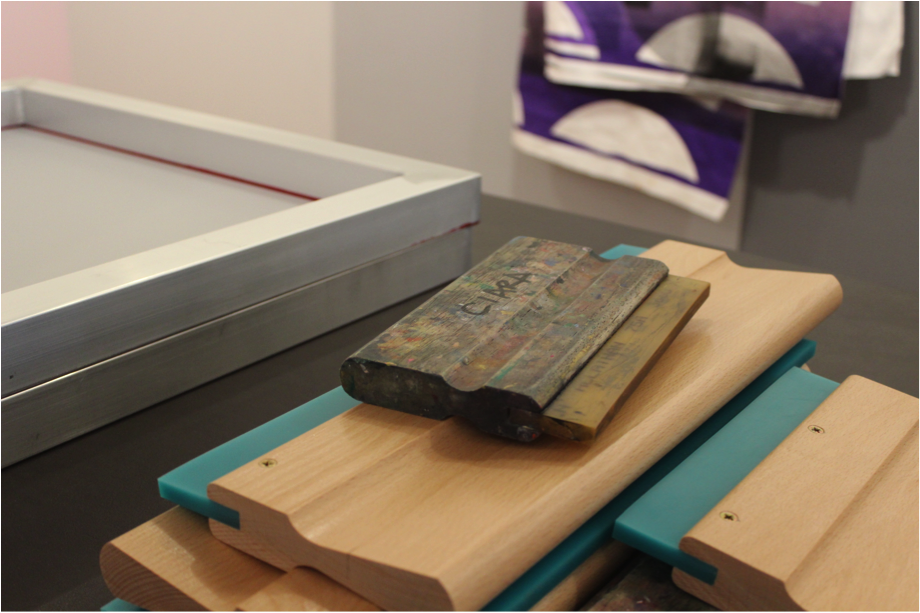
Ciara Phillips’ practice focuses strongly on social action through discussion and debate. Between large, brightly political screen prints, pleasing straight lines and shapes colourfully creep across the walls themselves, encompassing and physically grouping her separate works across the entire space. It’s a beautiful way to unite both the different works, and the possibly awkward and otherwise disconnected areas within the space as a whole.
Commissioned for We The People Are The Work, Phillips actively turns the usual gallery space into one of production, by introducing workbenches, tools for making, and even presenting sample textile works. During the exhibition run, Ciara Phillips is resident, spending her time in the city running collaborative workshops with local groups of women to produce printed textiles voicing societal concerns. These will involve Devon WASPI (Women Against State Pension Inequality), Plymouth based feminist punk band Suck My Culture, BA (Hons) Painting, Drawing and Printmaking students from Plymouth College of Art and local Youth Parliament members.
Unlike Peter Liversidge’s Sign Paintings, or Claire Fontaine’s Capitalism Kills Love, Phillips’ gentle and open approach delves a little deeper, and attracts those who still have strong and valid opinions but who might not want to march and outspokenly protest, instead meet and talk with others, and bring about a quieter change.
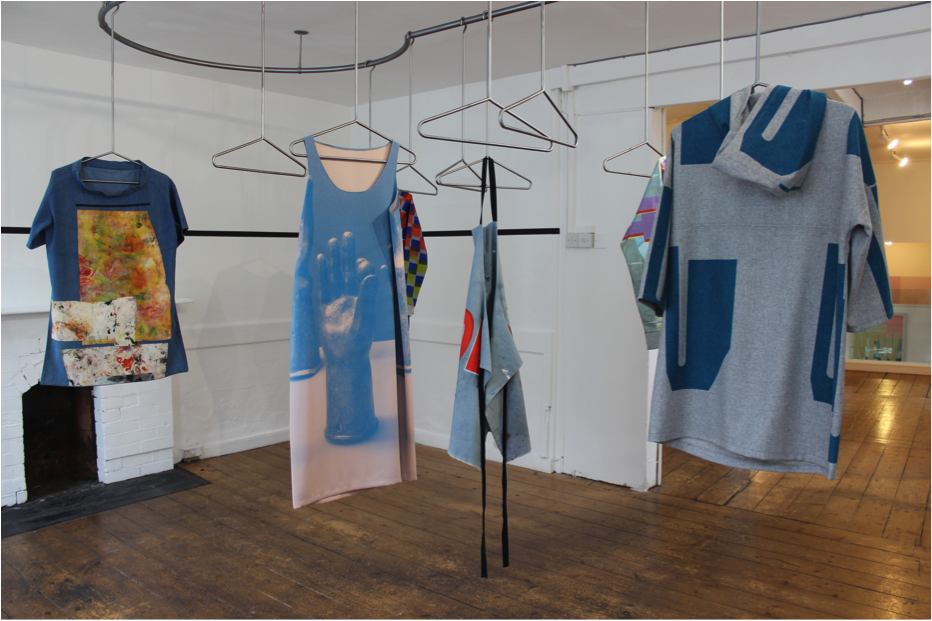
In developing these collaborative practices, Phillips lends a strong voice as well as a place in which to meet and discuss issues with other workshop participants.
Corita Kent’s influence on the work is echoed in the use of bold slogans, but there’s something in Phillips’ work’s brave femininity and elegance that makes the work recognisably hers. Large-scale screen prints dominate the downstairs workspace, and Stop, Collaborate stands out. Not only because of its accompanying wall painting, which complements the citrus yellow well, but because of the use of plain text, detailing notes taken from a previous workshop at The Showroom, London, from 2013. Public discussion, conversation and inclusivity are integral to Phillips’ practice, something that makes her work vital in this current political landscape. It is clear here why her collection has been included in WTPATW, presenting a fitting counterbalance to more confrontational and brassy work; here Phillips acts out our activist’s desires.
Jessica Wright is a Fine Art graduate from Plymouth College of Art
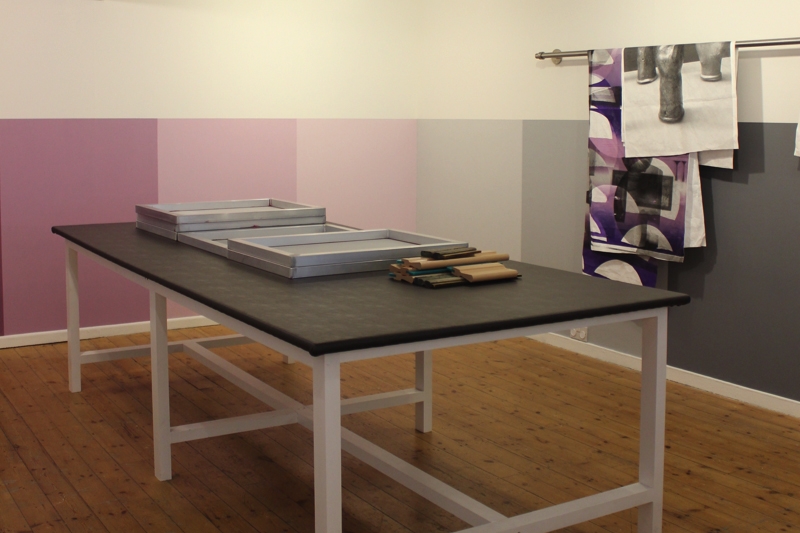
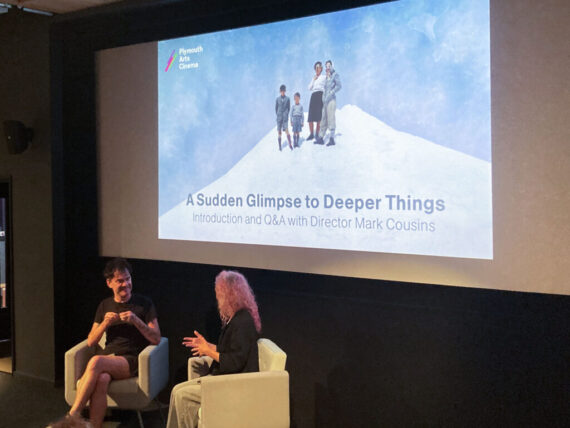
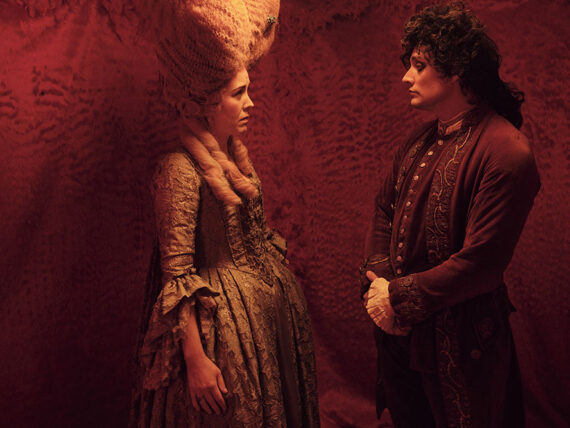
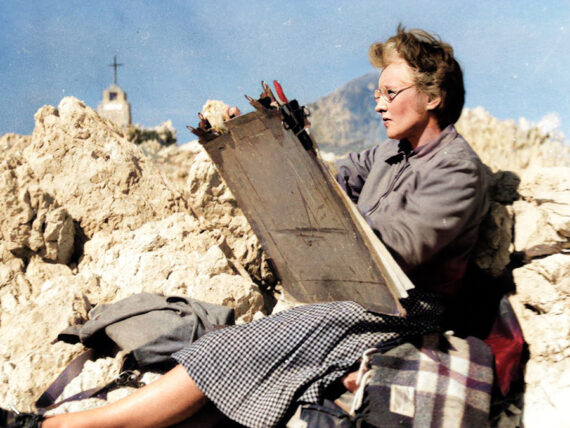
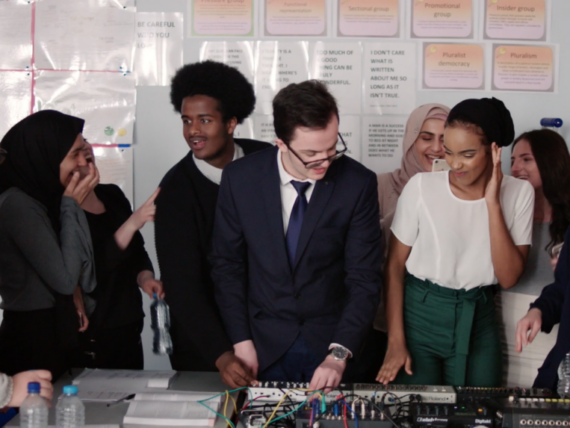
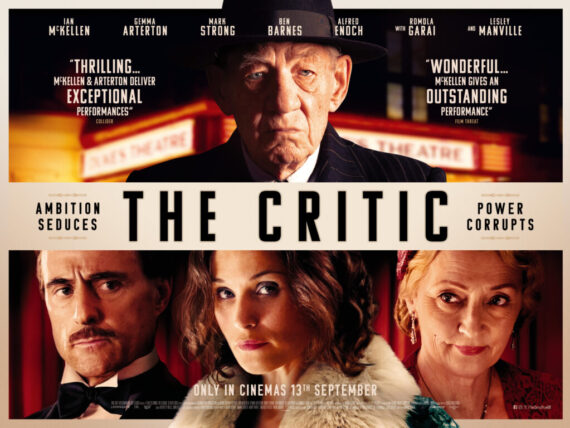
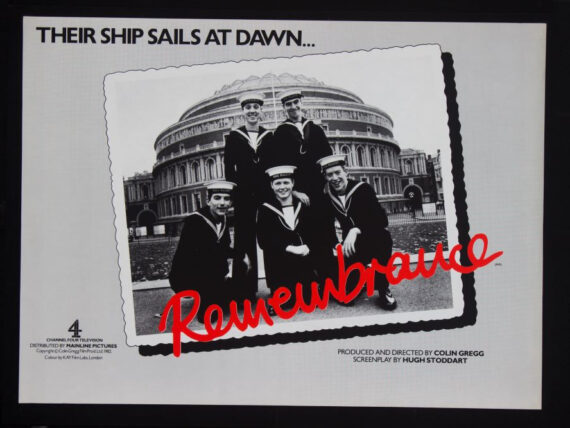
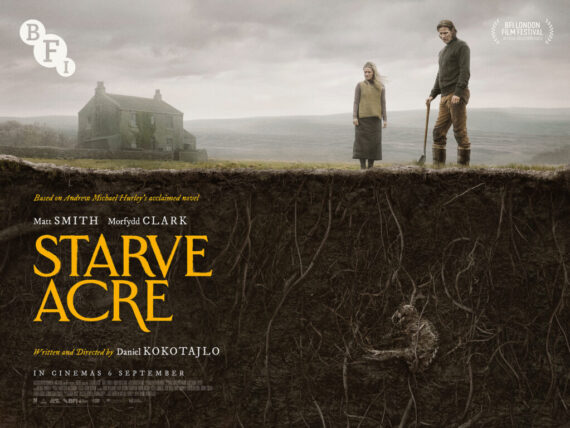
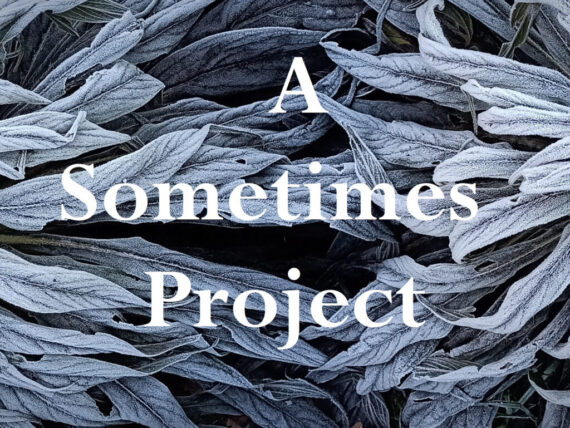
Comments
Comments are closed.